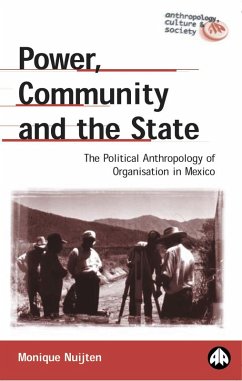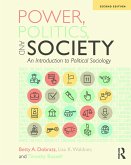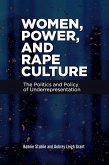This book explores the balance of power between the state and local communities, with particular reference to societies in the developing world.
Monique Nuijten shows how rituals of bureaucratic power and accusations of corruption give flesh to incredible fantasies, and conspiracy theories among officials, peasants and brokers. At the same time she shows that in this labyrinthine world of bureaucratic obstacles and state control, local agrarian communities manage to find certain room for autonomy.
Drawing on her extensive fieldwork in Mexico, Nuijten draws wide conclusions that can be applied to many societies. Providing a detailed ethnography, she focuses on various themes, including a theoretical anthropology of state power; families and factionalism after agrarian reform; local organisation; questions of law; corruption; and development theory.
Monique Nuijten shows how rituals of bureaucratic power and accusations of corruption give flesh to incredible fantasies, and conspiracy theories among officials, peasants and brokers. At the same time she shows that in this labyrinthine world of bureaucratic obstacles and state control, local agrarian communities manage to find certain room for autonomy.
Drawing on her extensive fieldwork in Mexico, Nuijten draws wide conclusions that can be applied to many societies. Providing a detailed ethnography, she focuses on various themes, including a theoretical anthropology of state power; families and factionalism after agrarian reform; local organisation; questions of law; corruption; and development theory.
Dieser Download kann aus rechtlichen Gründen nur mit Rechnungsadresse in A, D ausgeliefert werden.









